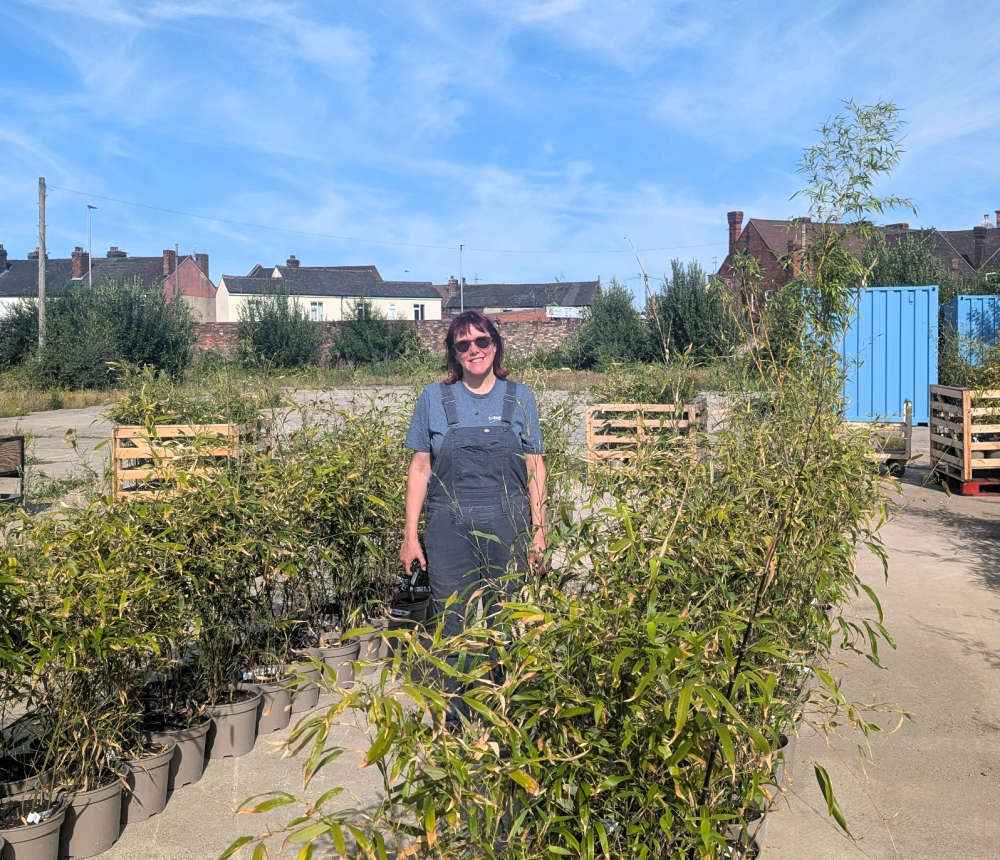More people than ever are choosing to grow their own food, whether in small backyard gardens, allotments, or even urban balconies. The reasons behind this shift vary, but a few key factors stand out. Concerns about food quality, rising grocery costs, and a growing interest in self-sufficiency have encouraged individuals and families to turn to home gardening. What was once seen as a pastime for a select few is now becoming a common practice across the UK.
The Shift Toward Homegrown Produce
One major reason for the increased interest in home gardening is a heightened awareness of food quality. Many consumers are looking for ways to avoid pesticides, preservatives, and overly processed supermarket produce. Homegrown food offers a level of freshness that store-bought fruit and vegetables often lack. Supermarkets rely on long supply chains, meaning produce can travel thousands of miles before reaching the shelves. This process not only reduces nutritional value but also impacts taste.
Cost is another driving force. Fresh fruit and vegetables have seen price increases in recent years, making it more expensive to maintain a healthy diet. Growing food at home can be a practical solution to cut costs, even for beginners. Simple crops such as lettuce, tomatoes, and carrots require minimal space and effort yet provide regular harvests throughout the year. While an initial investment in soil, seeds, and equipment is needed, the long-term savings can be significant.
Beyond these financial and nutritional reasons, people are increasingly drawn to the idea of sustainability. Home gardening reduces reliance on mass-produced food, lowers plastic waste from packaging, and minimises the carbon footprint associated with food transportation. In a time when environmental concerns are growing, the ability to produce food in a way that benefits both individuals and the planet is highly appealing.
Health and Well-being Benefits
Aside from practical reasons, growing food at home brings many health benefits. Gardening is a physical activity that encourages movement, from digging and planting to watering and harvesting. These tasks improve mobility, build strength, and promote a more active lifestyle without the need for structured exercise routines. Many people find that gardening helps them spend more time outdoors, benefiting from fresh air and natural light.
Mental well-being is also a key factor in the rising popularity of home gardening. Studies suggest that spending time in green spaces can reduce stress, improve mood, and even help with conditions such as anxiety and depression. The process of nurturing plants, watching them grow, and harvesting fresh food creates a sense of accomplishment that is difficult to replicate through other activities. It’s no surprise that more people are turning to gardening as a way to unwind and find balance in their daily lives.
Making It Easier to Grow at Home
With more resources available than ever, growing food at home has become far easier than in the past. Advances in gardening techniques, tools, and information-sharing have made it accessible for beginners and those with limited space. Whether in a small garden, a balcony, or even a windowsill, people are finding creative ways to grow their own produce.
Weather unpredictability is often a challenge, especially in the UK. A sudden frost or heavy rain can damage young plants, making it harder for home gardeners to maintain a consistent harvest. This is where protective growing solutions become valuable. Greenhouses, for example, help extend the growing season by shielding crops from extreme weather conditions. Many gardeners who want to maintain a reliable supply of fresh produce find greenhouses for sale to be a worthwhile investment, offering both protection and an ideal growing environment throughout the year.
Cost Savings and Self-Sufficiency
The financial benefits of home gardening go beyond just saving money on groceries. Once a garden is established, the ongoing costs remain low. Seeds can often be collected from existing plants, compost can be made from kitchen scraps, and rainwater collection can reduce water usage. These small changes contribute to long-term savings while promoting a more self-sufficient lifestyle.
Many gardeners also appreciate the independence that comes with growing their own food. Relying less on supermarket supply chains means avoiding shortages, unexpected price hikes, and concerns about food sourcing. Home gardening encourages a deeper understanding of how food is produced and allows people to enjoy meals made from ingredients they have grown themselves.
Conclusion
The increasing number of people growing their own food reflects a shift in attitudes towards food, health, and sustainability. The desire for fresher ingredients, cost savings, and a more active lifestyle has driven more households to embrace home gardening. Whether through small herb gardens or larger vegetable plots, the benefits are clear. As interest in self-sufficiency and sustainability continues to grow, more individuals are likely to discover the satisfaction of harvesting their own food.












